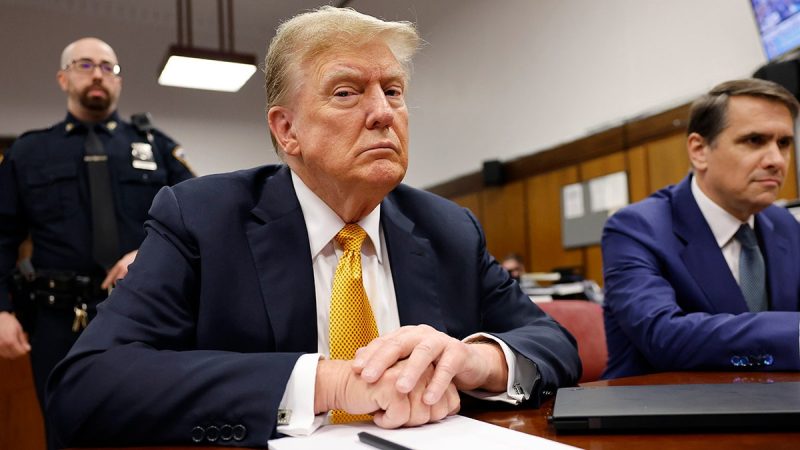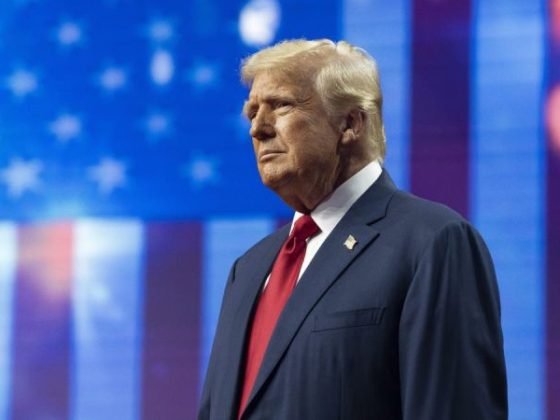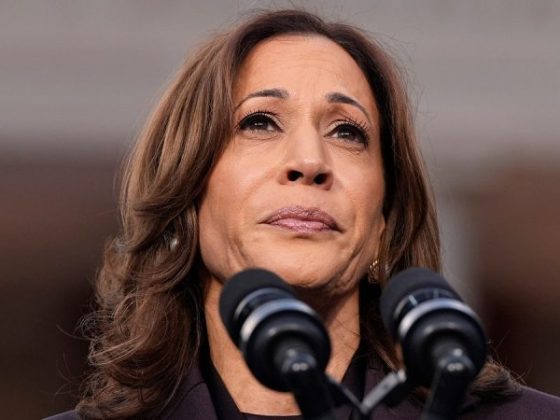The possibility of a verdict in the Donald Trump criminal investigation leading to a disruption of a future presidential election is a question that requires careful examination. While it may seem unlikely at first, the fusion of politics and law in this particular case creates a scenario where effects could ripple out into the electoral sphere. Evidence on this hypothesis can be garnered by scrutinizing the nature of the potential charges, assessing the impact on Trump’s voter base, and analyzing the potential timeframe for the trial’s conclusion.
Firstly, it’s vital to understand the nature and potential implications of the investigations that Trump is currently facing. The former president has been under scrutiny for a range of potential legal breaches, from campaign finance violations to bank fraud. Any verdict could potentially incur damaging penalties for Trump, including incarceration, fines, or perhaps more importantly for Trump, damage to his public image. It’s the latter point that holds the greatest potential to upend the presidential election, should Trump decide to run again in 2024.
Inherent to Trump’s political appeal is a reputation for business acumen, dogged determination and a Teflon appeal- seemingly unaffected by numerous scandals and controversies. A guilty verdict, particularly for charges related to his business dealings, could significantly undermine this image and cause potential voters to reconsider their support. A case-in-point is the impeachment proceedings that marked Trump’s first term. Despite not leading to his removal from office, they arguably hampered his reputation and contributed to his defeat in the 2020 election.
Secondly, the impact of such a verdict on Trump’s voter base is another factor to consider. Even as multiple controversies have swirled around him, Trump has maintained remarkable support from a dedicated voter base. If a criminal verdict were to diminish his standing with these voters either through damaging his image or physically preventing him from participating as a candidate, it could lead to a significant shakeup in the electoral landscape.
However, it’s important to consider the unwavering loyalty of many Trump voters who have continued to support him despite previous controversies. In reality, a criminal verdict may not necessarily sway this support base. Some may view the process as a politically-motivated attack on their chosen candidate, which may only further entrench their voting choice.
Finally, the potential timeframe of the conclusion of any criminal trial against Trump is a critical aspect to consider. Legal proceedings are notoriously slow, and it is not inconceivable that the investigation, trial, and any subsequent appeals could extend beyond the 2024 election. In such a case, the potentially polarizing verdict could arrive in the middle of an election race, sparking uproar and confusion.
However, it’s also conceivable that the process could conclude before 2024, allowing Trump and the Republican party to navigate the fallout well ahead of the election. In such a scenario, the GOP could repivot and offer a new candidate, which could potentially defuse the situation and avert an election crisis.
In conclusion, whether or not a verdict in the ongoing Trump criminal investigation could disrupt a future presidential election is a complex question. The outcome depends on several factors, including the nature of potential charges, the impact on Trump’s voter base, and the timeline for the conclusion of the legal proceedings. It’s a scenario fraught with uncertainty, one that will be closely watched by experts, activists, politicians, and voters across the political landscape.











